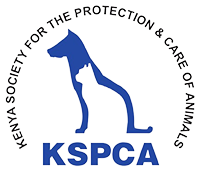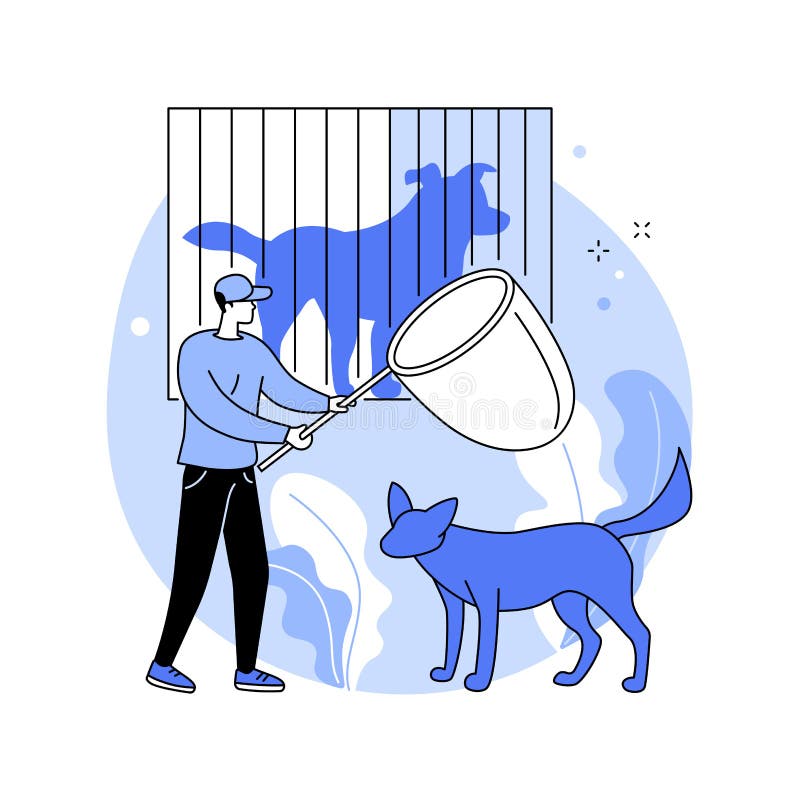Services
Crematorium
At our pet crematorium, we provide a compassionate and respectful service to honor the remains of your cherished pet. Our team carefully handles the incineration process, ensuring that every step is performed with the utmost care and hygiene. After the cremation, we lovingly prepare the ashes and return them to you in a biodegradable bag or box, allowing you to keep a tangible memory of your beloved companion. We are aware of the heartache that comes with losing a pet and are committed to making this farewell as gentle and respectful as possible, offering support and understanding during this difficult time.
MORE INFO
Private cremations
A service in which the remains of your pet are properly disposed by incineration. The ashes are prepared by our caring staff and given back to you in a biodegradable bag or box. We can also host a small memorial service to say final goodbye before the cremation takes place. We can offer urns for long term storage and transport if you need it.
This is a bespoke service and we will give you a personalized quotation. Costs start from KES 20.000 depending on the weight of the animal and on the other services you choose. We can discuss the options with you.
Collective cremations
A service in which the remains of your pet are disposed of in a clean and hygienic manner and ashes disposed into a special ash pit by our caring and supportive staff. For this particular service, ashes are not returned to the owner.
Prices range from KES 5.000.
Humane animal population control
The issue Kenya is a land of meat lovers. Nyama choma (roasted meat) is at the heart of our major celebrations and festivals and is part of a typical Friday night out for those of us who can afford it. Goat meat is most eaten for these events, but beef, sheep mutton, pigs and chicken are widely eaten too.
In 2020, as many as 12 million sheep and goats and 2 million cattle were slaughtered for meat in Kenya. Most of these animals were slaughtered in one of the hundreds of slaughterhouses across the country. Some of these facilities are large operators, others small facilities operated by local cooperatives or companies.
Like it or not, the production of animals for meat, their transport and slaughter, is one of the most significant uses of animals in Kenya and the welfare of the animals throughout the process is a major concern for KSPCA.
Kenyan law (CAP 360) prohibits unnecessary suffering during the process and act of slaughter and defines which animals may be slaughtered.
MORE INFO
Our programmes
The KSPCA, working with the relevant authorities, has the mandate to monitor the transport of animals and to inspect slaughterhouses to ensure that the law is respected. This is intensive and challenging work. In September 2022 alone, we visited 32 slaughterhouses in different parts of the country. Where issues are discovered, KSPCA raises the problems with the management and the local authorities and follows up to make sure action has been taken.
In addition to our inspections, we are licensed to sell humane slaughter equipment, which is vital to ensure that animals experience as little suffering as possible. We also train slaughterhouse staff to use the equipment properly and repair it in case of any breakdowns.
How you can help
Our humane slaughter programme relies on the time and expertise of our dedicated inspectors, and the resources for them to spend time in the field.
KES 50 000 supports us to allocate a team for slaughterhouse inspections for a month.
Dealing with problematic animals humanely
Living alongside wild animals can be enriching, but sometimes encounters can become problematic. This informative guide explores humane approaches to dealing with nuisance wildlife, promoting peaceful coexistence between humans and animals. Learn to understand animal behavior in human-occupied spaces, discover non-violent strategies for deterring unwanted interactions, and explore methods for protecting both people and animals during conflicts. With practical tips and a focus on compassion, this resource empowers you to navigate challenging situations humanely and effectively.
This is a bespoke service and we will give you a personalized quotation. Costs start from KES 20.000 depending on the weight of the animal and on the other services you choose. We can discuss the options with you.
MORE INFO
Microchipping
Losing a pet is a heartbreaking experience. But what if there was a way to increase the chances of a happy reunion? Enter microchipping, a safe and effective technology that offers permanent identification for your furry (or feathered, or scaled) friend.
What is Microchipping?
A microchip is a tiny rice-sized capsule containing a unique identification number. This chip is injected painlessly under your pet's skin, usually between the shoulder blades. When scanned by a microchip reader, the chip's ID number is displayed, linking it to your contact information stored in a national database.
MORE INFO
Why Microchip Your Pet?
- Increased Chance of Recovery: If your pet gets lost or stolen, a microchip significantly increases the odds of them being returned to you. Shelters and veterinary clinics routinely scan found animals for microchips, providing a quick and reliable way to identify them.
- Peace of Mind: Knowing your pet is microchipped offers invaluable peace of mind. You can travel, explore, and enjoy adventures with your furry companion with the confidence that even if they wander off, there’s a greater chance of finding them again.
- Travel Ease: Some countries require microchipping for importing pets. A microchip not only streamlines the travel process but also serves as a vital form of identification in unfamiliar territory.
- Additional Benefits: While primarily used for identification, some microchips can store additional information like your pet’s medical history or allergies, potentially aiding in their care if needed.
Microchipping is a simple, safe, and cost-effective procedure that can make a world of difference in the life of your beloved pet. Talk to your veterinarian today to learn more about this invaluable technology and give your furry friend the gift of a tiny guardian angel.

Crematorium

Dealing with problematic animals humanely

Microchipping
Quick Links
SUBSCRIBE
Subscribe To Our Newsletter.
- Copyright © 2025 KSPCA. All rights reserved
- casereport@kspca.or.ke
- info@kspca.or.ke
- events@kspca.or.ke


